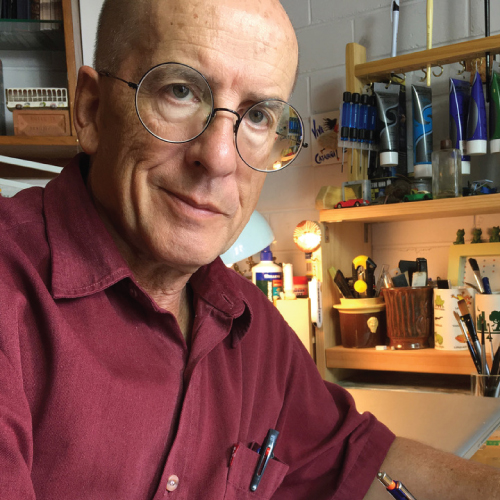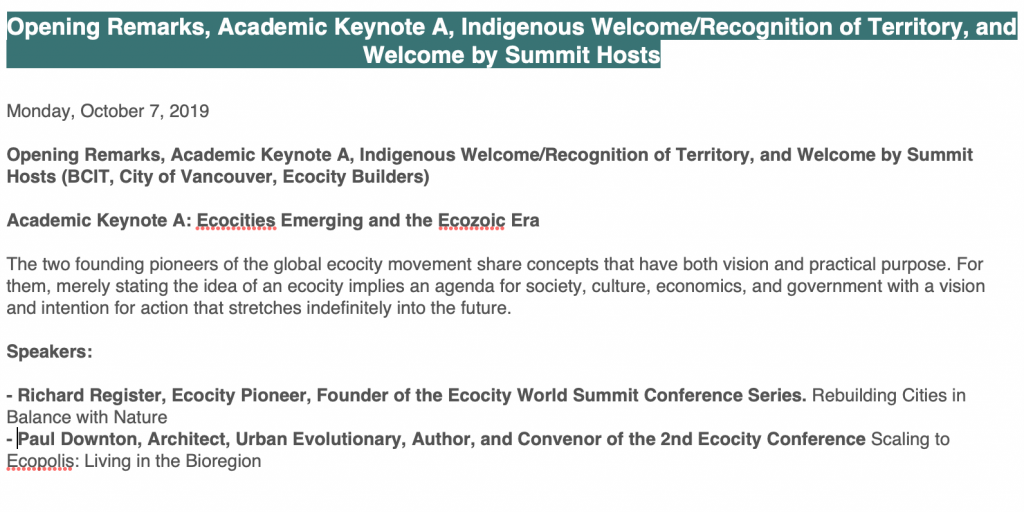Paul Downton – Architect
BSc (Hons) BArch (Wales) PhD ARAIA
Director, Ecopolis Architects Pty Ltd
Dr Paul Downton is one of “101 Leaders in Sustainable City Making and Theory” (Prof Steffen Lehmann) and “one of the icons of sustainable development in Australia” (Prof Janis Birkeland).
Australian architect, writer, independent researcher and urban evolutionary, Paul Downton has been a leading contributor to creating and growing the ecocity movement for over three decades. At a time of massive ecological, climatic and cultural change he sees the development of ecocities as a global imperative and an evolutionary adventure.

Paul’s many years of experience in practice, teaching and research include co-convening the Second International Ecocity Conference in 1992 for Urban Ecology Australia, co-initiating and designing the pioneering and internationally awarded Christie Walk medium-density ecological housing development, working with the Chinese Academy of Sciences and other Chinese organisations on transitioning to ecocities, leading research with Deakin University on biophilia potential in Melbourne’s new metro stations, designing an undergraduate program in “Ecological Urban Design” for the DeTao Group and initiating and designing the legendary Halifax EcoCity Project (awarded “World’s Best Ecocity Project” by Ecocity Builders in 1994).
Publications by Paul Downton
Paul has written widely on his vision for “ecopolis”. His current work focuses on biophilia and the concept of “urban fractals” and he is seeking funding to write “A Fractal Handbook for Urban Evolutionaries” and a series of graphic novels entitled “The Wild Cities of Half Earth”.
You’ll find Paul Downton’s doctoral dissertation here:
https://digital.library.adelaide.edu.au/dspace/bitstream/2440/88944/8/02whole.pdf
and his seminal book here:
Ecopolis: Architecture and Cities for a Changing Climate
International recognition

At the Ecocity World Summit 2019 in Vancouver, Paul Downton and Richard Register were recognised as the “two founding pioneers of the global ecocity movement share concepts that have both vision and practical purpose. For them, merely stating the idea of an ecocity implies an agenda for society, culture, economics, and government with a vision and intention for action that stretches indefinitely into the future.”
More information about Paul’s work, including many examples of his architecture, can be found on his practice website: Ecocitydesign

